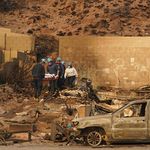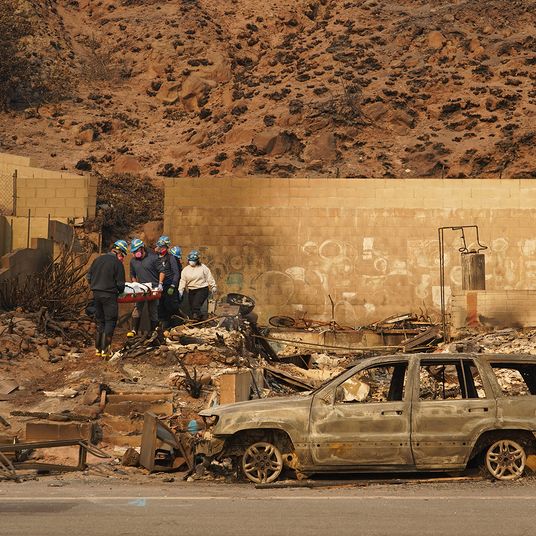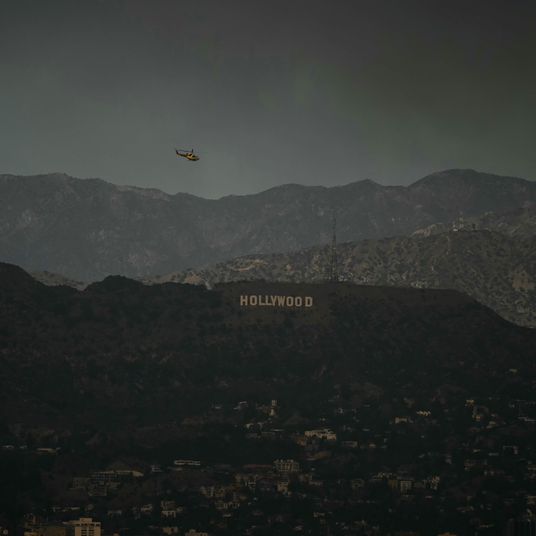As the countries across North Africa and the Middle East have undergone historic upheavals over the past few months, the United States has found itself awkwardly intervening to various degrees on a seemingly haphazard basis. We’ll drop bombs on Muammar Qaddafi, but merely pester Syrian leaders with sanctions, and finger-wag at Bahrain. Today, in a “sweeping” and “comprehensive” address at the State Department, President Obama tried to clarify not just the country’s general stance on the Arab Spring, but also its role in the Arab world going forward.
In a speech that was revised until the very last minute and contained several un-Obama-like oratorical stumbles, the president had a strong first card to play: The killing of Osama bin Laden:
Bin Laden and his murderous vision won some adherents. But even before his death, al Qaeda was losing its struggle for relevance, as the overwhelming majority of people saw that the slaughter of innocents did not answer their cries for a better life. By the time we found bin Laden, al Qaeda’s agenda had come to be seen by the vast majority of the region as a dead end, and the people of the Middle East and North Africa had taken their future into their own hands.
The president spent much of his speech recapping the events that have occurred since Tunisian street vendor Mohammed Bouazizi lit himself on fire.
Sometimes, in the course of history, the actions of ordinary citizens spark movements for change because they speak to a longing for freedom that has built up for years. In America, think of the defiance of those patriots in Boston who refused to pay taxes to a King, or the dignity of Rosa Parks as she sat courageously in her seat. So it was in Tunisia, as that vendor’s act of desperation tapped into the frustration felt throughout the country. Hundreds of protesters took to the streets, then thousands. And in the face of batons and sometimes bullets, they refused to go home - day after day, week after week, until a dictator of more than two decades finally left power.
When Obama got to Bahrain, a key U.S. ally and one of the countries that have brutally cracked down on protests, he attempted an artful straddle that is unlikely to please either the government there or the Bahraini dissidents:
We recognize that Iran has tried to take advantage of the turmoil there, and that the Bahraini government has a legitimate interest in the rule of law. Nevertheless, we have insisted publically and privately that mass arrests and brute force are at odds with the universal rights of Bahrain’s citizens, and will not make legitimate calls for reform go away.
Obama’s biggest announcement addressed the stagnant Israeli-Palestinian peace process, as he endorsed for the first time a Palestinian demand that its state be based on pre-1967 borders, before Israel occupied East Jerusalem, the West Bank and the Strip. The announcement is unlikely to be received warmly by Israel, whose prime minister, Benjamin Netanyahu, is due to visit the United States on Friday.
Obama Mideast Speech Faces Disappointed and Disillusioned Arab World [ABC News]
Obama to Address Arab Spring in Middle East Speech [ABC News]





























